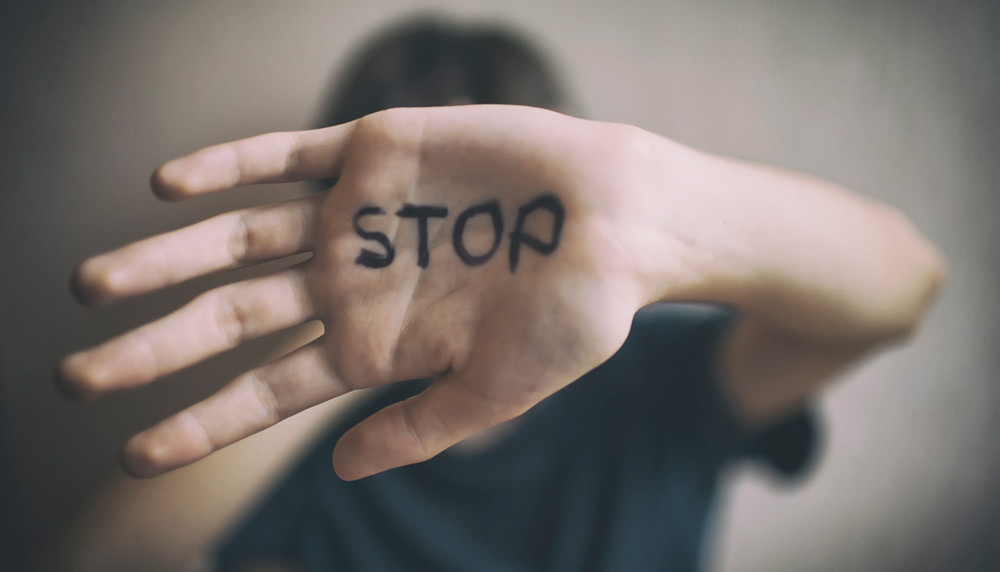Recognize the Signs of an Unhealthy Relationship and Know How to Get Help
October is Domestic Violence Awareness Month. While much has been done to bring awareness to this issue in recent years, the statistics are still sobering.
- One in four women and one in seven men have been victims of severe physical violence by an intimate partner within their lifetime.
- One in 10 women and one in 43 men have been stalked by an intimate partner during their lifetime to the point in which they felt very fearful or believed that they or someone close to them would be harmed or killed.
- Only 34% of people who are injured by intimate partners receive medical care for their injuries.
You may be in an unhealthy relationship if you answer YES to any of the following questions:
- Does my partner shame me or humiliate me in front of others or in private?
- Does my partner control where I go, who I talk to and how I spend money?
- Has my partner hurt or threatened me or forced me to have sex?
If your safety is at risk, here’s how you can protect yourself:
- Call if you are in immediate danger
- Prepare an emergency kits for a situation where you have to leave suddenly (keys, money, legal and important documents, medicines, social security numbers, bank account information, etc.) Call a domestic violence hotline for additional help planning.
- Develop a safety plan with your children, including people they can call in an emergency — including 911.
- Talk to a health care provider, who can provide you with a private phone to call for help.
Domestic violence is a health issue as well as a legal and social problem. Both physical and emotional abuse can create immediate and long-term health problems for you and your children. Seek medical treatment if your abuse leaves you with pain, cuts, head or abdominal or other injuries.
Some people delay seeking medical care due to embarrassment about discussing the abuse. Get the medical help anyway. If you are not ready, you do not need to describe your entire situation. You may choose only to say that you have been hit or may choose to do nothing.
Domestic Violence Hotline Numbers
- DayOne Crisis Hotline: 866-223-1111
- National Domestic Violence Hotline: 800-799-7233 or 800-787-3224 (TTY)
- Casa de Esperanza, Billingual (español) Domestic Violence Helpline: 651-772-1611
- OutFront Minnesota, LGBTQ Domestic Abuse Hotline: 612-824-8434
- LoveIsRespect.org, Teen Dating Violence Hotline: 866-331-9474
- The Twin Cities Men’s Center: 612-822-5892
- Anna Marie's Alliance, St. Cloud area domestic violence shelter: 320-253-6900 or 320-258-3221 (TTY)
